Ministry of Energy says electricity tariff increase is inevitable
The press service Ministry of Energy reported that the actual cost of generating electricity is still significantly higher than what consumers pay for it.
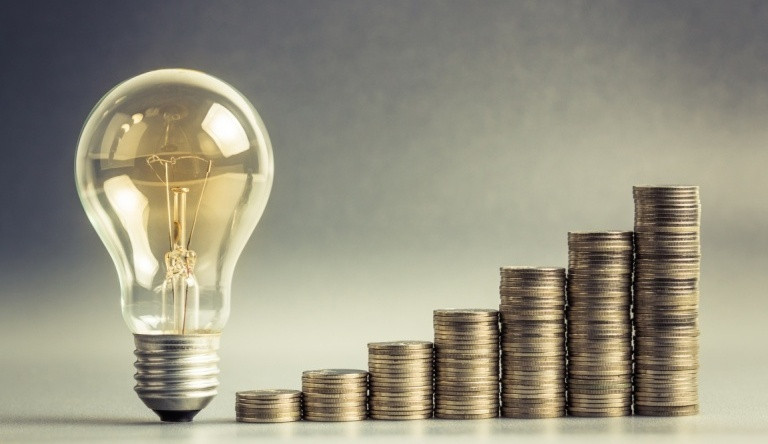
Photo: Depositphotos
According to the ministry, for generating each kilowatt of electricity 403 soums is spent, while the population pays only about 295 soums for the same amount.
“Just like decades ago, the price of electricity for the population is set by the state. If this practice continues for a few years, the industry will end up being completely unprofitable and unattractive to investors, and, as a result, may come into decline. Not a single modern society can afford this,” the Ministry of Energy noted.
It is emphasized that making fees for electricity for the population the same as the value of its real cost is “a natural process that all developed countries, which serves as an example of economic prosperity, follow”. In addition, raising tariffs according to the level of inflation is a normal process for economically developed countries.
“However, we should be able to control the tariff changes. One of the possible ways to achieve this is to introduce public-private partnerships (PPPs) in the electric power industry,” the ministry said. “Projects based on PPP help to create a competitive environment among investors. This means that the companies will try to win the project by proposing the reduction of the electricity cost. It is the competition that makes cost reduction possible, not the state monopoly.”
Therefore, the Ministry of Energy is actively attracting investors for the construction and operation of private power plants. One of the conditions for their participation is the ability to indicate the maximum cost of the generated electric energy, the press service added.
“Private investors bring their own international experience, give the country new technologies (a resource-saving approach to the construction and operation of private power plants) and, as a result, competitive tariffs. Undoubtedly, this is one of the important ways of developing the electric power industry of Uzbekistan with the goal of ensuring not only the unconditional energy security of the country, but also an effective, socially oriented tariff policy,” the ministry concluded.
Related News
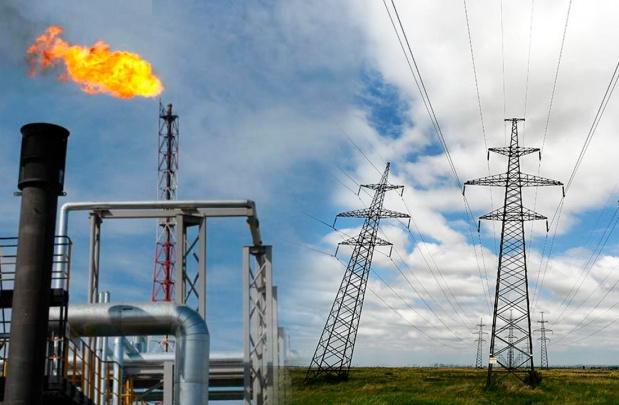
19:54 / 03.03.2026
Gas extraction declines while fuel and electricity output surge in Uzbekistan
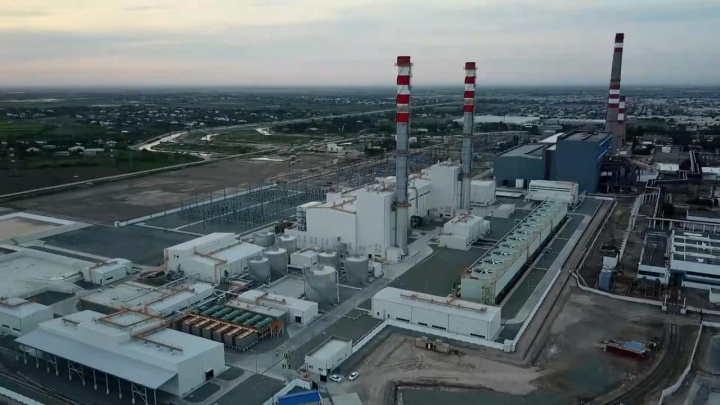
14:39 / 03.03.2026
Takhiatash TPP to be returned to state control
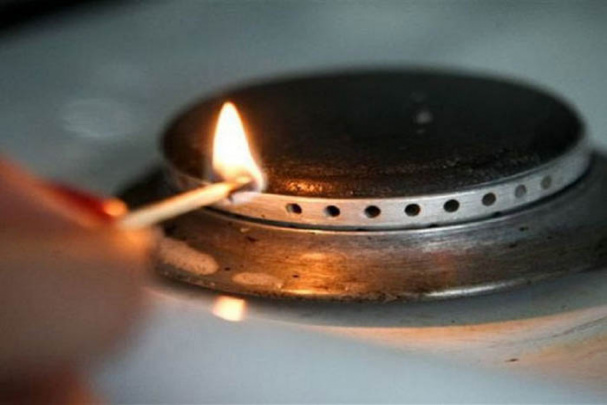
12:44 / 02.03.2026
Ministry of Energy denies natural gas price hike rumors from March 1
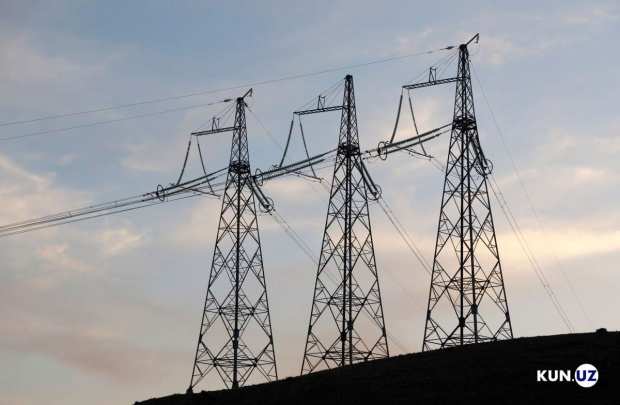
15:40 / 25.02.2026




